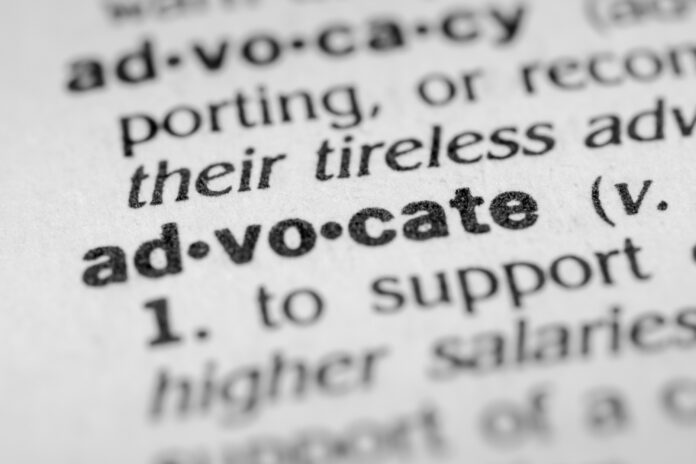What does patient advocacy mean?
According to the American Medical Association (AMA), one of the professional responsibilities of all physicians is to “advocate for social, economic, educational, and political changes that ameliorate suffering and contribute to human wellbeing” 1. This concept of patient advocacy, however, embodies a broad range of ideas ranging from day-to-day practices in interactions with individual patients to system-level activities that target national policies.
As neurosurgeons, we have a unique role understanding individual patient needs from a physiological perspective while seeing the impact of external factors on their care. This requires us to remain open-minded and expand our understanding of what social and structural factors are determinants of health; it includes, but is not limited to, social background, disability, race and gender. As part of our day-to-day practice many of us already take extra steps to ensure an individual patient receives the care they need by expediting care, mobilizing resources for recovery, and negotiating with third-party payors. It is often seen as our ethical obligation as a healthcare professional. At a broader level, however, advocacy requires working to address the root causes underlying inequities and barriers that interfere with patient care.
Why do we need to advocate for our patients?
At the core of this role for neurosurgeons is the ideal that attracted many of us to the medical field: to take care of patients. We often seen them at their most vulnerable– when they are sick, injured or alone. They need care in an ever-increasingly complex medical system that they often don’t understand or are physically unable to navigate. We are often called upon to treat patients without them – or their families – fully recognizing the burden of their illness and their ability to recover. This said, as physicians, it is important to recognize that many of us have come from a relatively privileged background2 and as a group we need to be cautious in assuming we understand the full perspective of our patients. From our collective knowledge and our common goal to improve quality of care for our patients, we have the power to advocate for change.
When in my practice should/can I do that?
Physician advocacy should be part of the daily practice of all neurosurgeons. Many of us advocate for our patients routinely as we participate in their care. It is important, however, to think beyond the needs of an individual patient and engage in system-level advocacy to promote a larger concept of societal well-being. The opportunities for an individual neurosurgeon to do this are endless. Examples include:
- Working locally within one’s own healthcare system or organization to improve access and quality of care to patients, particularly those whose care has traditionally been neglected.
- Interacting with local media to draw attention to issues faced by patients
- Engaging with local or national special interest groups (e.g. ThinkFirst, National Hydrocephalus Association, etc.) to promote ideas such as awareness or disease prevention.
- Collaborating with colleagues at state neurosurgery medical societies and engaging with the Council for State Neurosurgical Society (CSNS) whose role in organized neurosurgery focuses on socioeconomic policy that impact neurosurgery practice and the quality of care delivered to our patients.
- Engaging with state or federal law makers to advocate for legislation and policies that promote equitable health and safety for all.
- Supporting the AANS/ CNS Washington Committee and the Washington Office, the voice of organized neurosurgery at the national level. The committee, comprised of a cross-section of neurosurgeons, oversees lobbying efforts in Washington directed at streamlining quality improvement initiatives and health care delivery systems.
- Donating to the NeurosurgeryPAC – the non-partisan political action committee of the AANS which makes campaign contributions to political candidates that support issues important to neurosurgeons.
For surgeons who are interested in strengthening their role as a physician advocate starting small and local may seem like the best option. It involves defining a problem and its scope, engaging with strategic partners, leveraging our own experience, developing an action plan and communicating effectively with the stakeholders involved. Often these activities require just a few hours a month and they help empower our local communities to foster their own healthy futures. For other neurosurgeons , w there are numerous opportunities within organized neurosurgery to affect b systemic change. Regardless of approach, we must never underestimate the power our voice to advocate for our patients.
For resources on neurosurgery involvement in advocacy please visit the AANS: https://www.aans.org/Advocacy
References
1. AMA: Declaration of Professional Responsibility: Medicine’s Social Contract with Humanity. Chicago, IL, American Medical Association, 2001
2. Jolly P. Diversity of U.S. medical students by parental income. AAMC Analysis in Brief. January2008;8(1). https://www.aamc.org/download/102338/data/aibvol8no1.pdf.
Accessed November 12, 2021.







